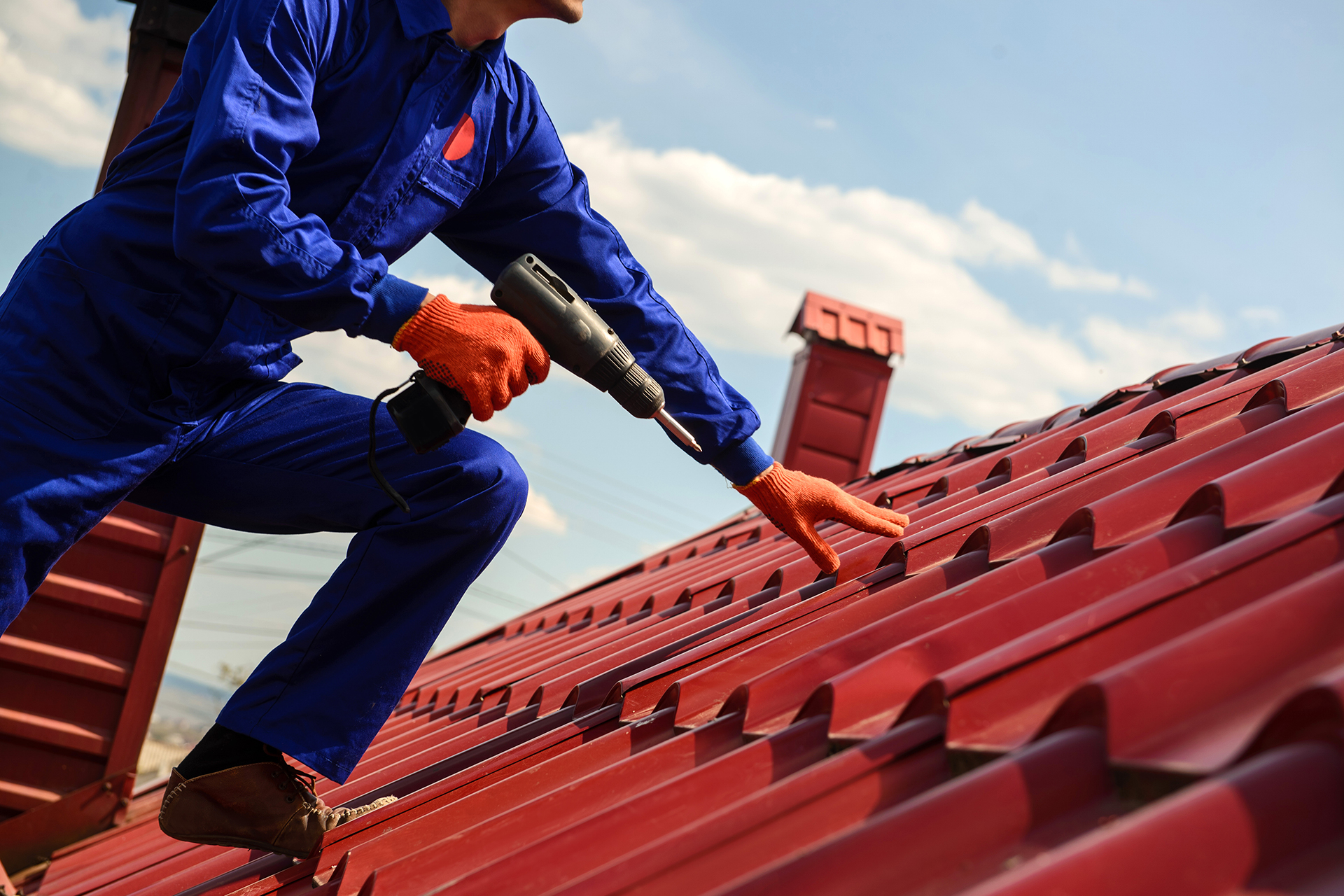Choose a certified Roofer to ensure durable roofing solutions.
Choose a certified Roofer to ensure durable roofing solutions.
Blog Article
Just How to Evaluate Different Roof Choices for Your Building Requirements
Evaluating roof covering choices for your building calls for a comprehensive approach that considers numerous elements such as the planned use of the framework, regional climate conditions, and material attributes - Sylvania Roofing Contractor. It is necessary to weigh the benefits and drawbacks of various roofing kinds, from asphalt shingles to metal and clay ceramic tiles, while also factoring in first expenses and long-lasting upkeep.
Evaluating Your Structure's Requirements
To effectively examine roofing alternatives, begin by extensively evaluating your building's requirements. Begin by thinking about the building's meant usage, as various structures might require varying roof specifications. As an example, property roof coverings usually prioritize aesthetics and insulation, while industrial buildings may concentrate on sturdiness and load-bearing capability.
Next, assess the local climate conditions that will influence roof covering performance. Aspects such as temperature level changes, rainfall degrees, and wind patterns can affect material selection and layout. A roof system that excels in a warm climate might not carry out too in locations vulnerable to heavy snowfall or extreme warm.
Additionally, assess the architectural integrity of your building. Make sure that the existing structure can support the picked roof covering materials, particularly if taking into consideration much heavier choices. It is likewise crucial to review any type of local building regulations or guidelines that may dictate specific requirements for roof systems.

Contrasting Roof Covering Products
Once a detailed assessment of your building's requirements has been finished, the next action includes contrasting numerous roof covering materials. Each material uses unique advantages and negative aspects, making it important to straighten your option with your certain requirements and situations.
Asphalt shingles are commonly acknowledged for their cost and ease of installment, making them a preferred alternative for residential buildings. On the various other hand, steel roof, understood for its durability and long life, can withstand rough weather problems but may come with a greater preliminary investment.
Clay and concrete tiles provide outstanding thermal insulation and visual appeal, specifically for Mediterranean-style design, yet they call for a more durable architectural support as a result of their weight. Timber drinks deal a natural appearance and excellent insulation homes yet might require extra maintenance and are at risk to fire hazards.
Evaluating Price and Budget
Examining your roofing alternatives demands a cautious evaluation of price and budget factors to consider. The total budget for a roof covering task comprises numerous aspects, consisting of material expenses, labor costs, upkeep, and potential long-term financial savings. It is vital to develop click to read a clear budget plan prior to checking out details roof covering products, as this will lead the decision-making process and assist you avoid overspending.
Begin by acquiring quotes from numerous contractors to recognize labor expenses in your area. Make learn the facts here now sure that these estimates consist of all required services, such as elimination of the old roof, installment, and any type of extra features, like insulation or ventilation improvements - Toledo Roofer. Next, assess the price of numerous roofing materials, thinking about both preliminary installment expenses and anticipated life-span

Recognizing Energy Effectiveness
Power performance plays a vital function in the choice of roof covering products and systems, substantially influencing both power consumption and total convenience within a building. A well-chosen roofing can enhance thermal efficiency, minimizing the need for home heating and cooling down systems, which subsequently lowers power costs and lessens ecological impact.
When examining roofing alternatives, consider products that mirror instead of take in warm. Light or reflective roof covering products can considerably decrease roofing system surface temperatures, causing lower energy usage during hot months. Additionally, appropriate insulation and air flow are necessary to optimize the energy efficiency of the entire roofing system. Insulation stops warm transfer, while air flow reduces warmth buildup in the attic room room.
One more crucial element is the roof's durability and upkeep requirements. Resilient products that call for less regular replacement contribute to lasting power financial savings. The energy effectiveness of a roof covering system can likewise be evaluated via its compliance with recognized sustainability ratings such as click to read ENERGY CELEBRITY or LEED.
Considering Aesthetic Charm
A roofing system's aesthetic allure dramatically affects the overall look of a building, enhancing its building design and improving aesthetic charm. Roofer. When reviewing roofing options, it is vital to think about just how the picked product, shade, and design will certainly balance with the existing framework and area. A properly designed roofing can elevate even the most basic of buildings, changing them right into visual centerpieces
Various roof covering materials use various visual qualities. Typical tiles may stimulate a classic beauty, while steel roofing can give a modern, sleek appearance. In addition, the shade of the roof product plays a vital duty; lighter tones can make a building show up more sizable, while darker tones might create a cozier ambiance.
Furthermore, building elements, such as dormers and eaves, can boost the roofing's visual effect. It is advisable to consult with professional developers or architects to make certain the picked roof alternative lines up with the overall layout intent. Eventually, a roofing should not just provide functional advantages yet also contribute favorably to the structure's visual, mirroring the owner's preference and the character of the surrounding environment.
Final thought

Report this page